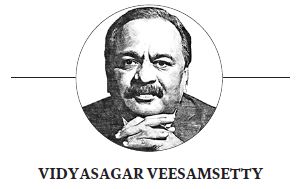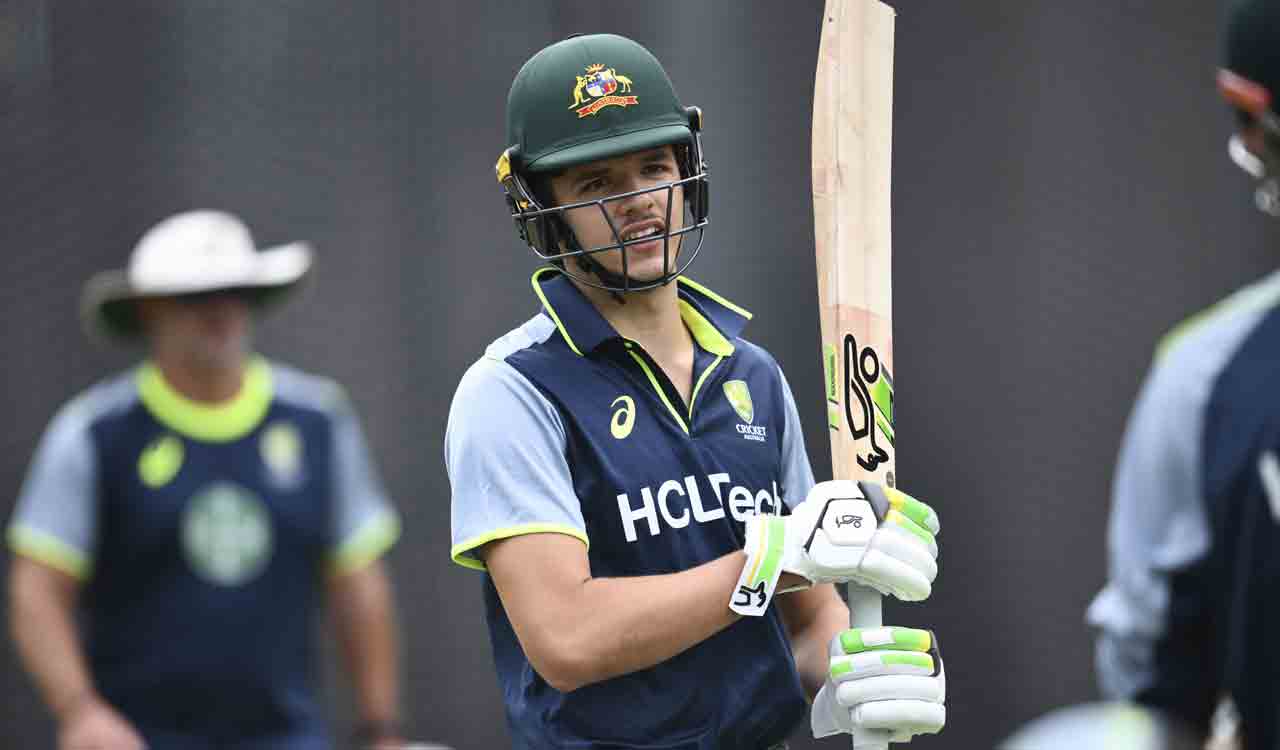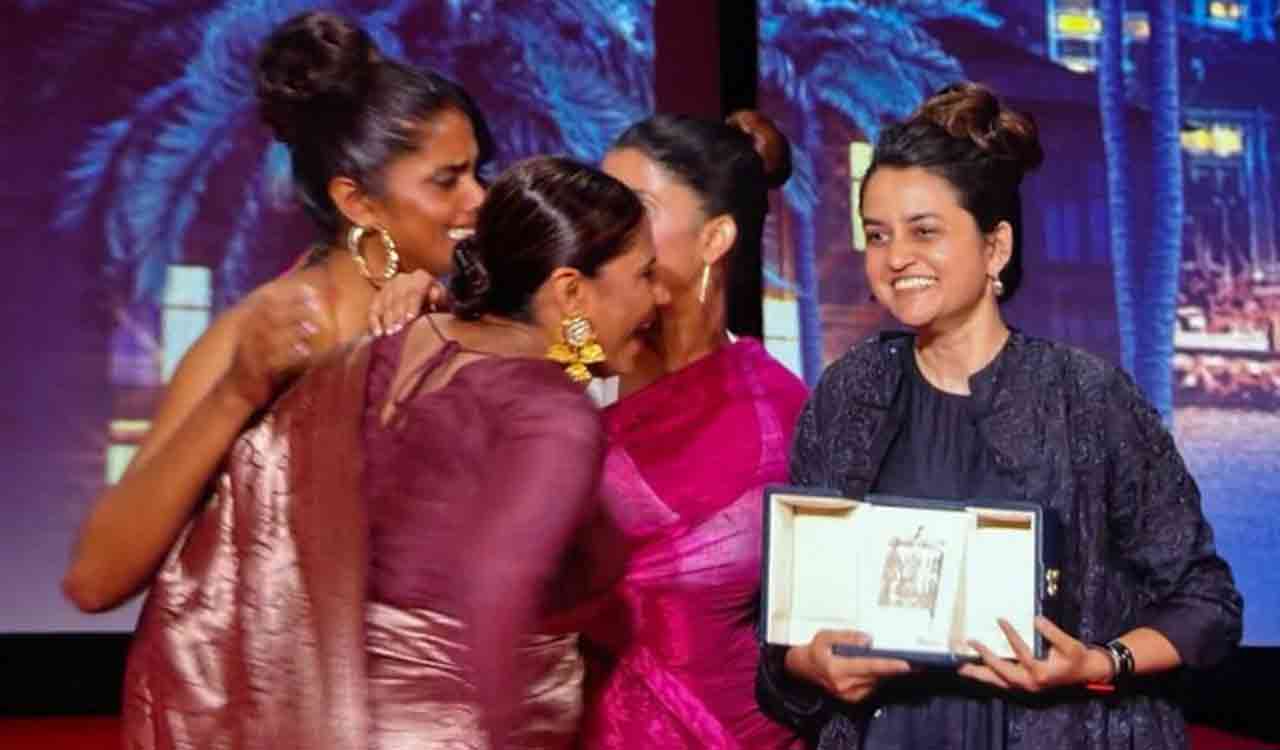Opinion: Is India a true democracy?
The intertwining of money with politics erodes the foundational principles of democracy

By Vidyasagar Veesamsetty
India is often hailed as the world’s largest democracy, with a population of over 1.4 billion and a Constitution that guarantees its citizens various rights and freedoms. However, some critics argue that India’s democracy is flawed, corrupted or even non-existent, due to various factors that undermine the principles and practices of democratic governance. This analysis explores the complex challenges facing Indian democracy and potential paths forward.
Political Participation
One of the primary criticisms against the democratic system in India revolves around the financial barriers that restrict political participation. Election campaigns demand substantial funding, from organising rallies to reaching out to voters through advertisements. The scale of Indian elections, with their massive constituencies and diverse populations, makes them particularly expensive endeavours.
Political parties often require candidates to contribute significant sums, which, in turn, limits the pool of potential candidates to those with financial means. This “ticket to entry” can run into millions of rupees, effectively creating a plutocratic filter that screens out capable candidates who lack financial resources.
This has created an environment where the wealthy dominate the political landscape, overshadowing individuals with intellectual prowess but limited financial resources. Business tycoons, industrial magnates and those with inherited wealth find it easier to secure party nominations and run successful campaigns, while grassroots leaders and public intellectuals often struggle to gain political footing.
Individuals with expertise, education and a deep understanding of governance may find themselves unable to participate due to financial constraints. This includes academics, social workers, environmental activists and other professionals who could potentially contribute valuable perspectives to policy-making and governance.
The consequence is the exclusion of valuable perspectives and knowledge from the political arena, undermining the diversity of ideas essential for a robust democratic system. This homogenisation of political representation leads to a narrow range of policy priorities and solutions.
Vote-buying Practices
Another critical concern is the susceptibility of voters to financial inducements, such as cash and liquor. The prevalence of vote-buying practices raises questions about the integrity of the electoral process. When voters can be swayed by monetary incentives, the very essence of democratic representation is compromised.
India’s democracy is not a given, but a choice, and it depends on the will and the vision of the people to make it successful
The marginalised, who are often more susceptible to financial pressures, may be coerced into casting their votes based on short-term gains rather than informed decisions about the long-term well-being of the nation. This creates a vicious cycle where political parties focus on short-term handouts rather than sustainable development policies.
The practice of vote-buying has become so entrenched in some regions that voters have come to expect monetary compensation for their participation in the democratic process. This transactional approach to voting rights undermines the fundamental principle of free and fair elections.
Impact on Democratic Values
The intertwining of money with politics erodes the foundational principles of democracy, where representation should ideally reflect the diverse voices of the population. This erosion manifests in multiple ways:
Policy distortion: The dominance of wealth in the political sphere perpetuates a system where policies and decisions may be skewed in favour of the affluent, neglecting the concerns of the economically disadvantaged.
Representation gap: The underrepresentation of middle and lower economic classes in political institutions leads to a disconnect between policymakers and the general population.
Democratic legitimacy: The perception that electoral outcomes can be influenced by money rather than merit or popular support undermines public faith in democratic institutions.
Social inequality: The system reinforces existing social and economic inequalities by maintaining power structures that favour the wealthy.
Media and Democracy
A new challenge to Indian democracy has emerged in the form of media manipulation and control. The concentration of media ownership among a few powerful entities, often with strong political affiliations, has led to concerns about the independence of news coverage and public discourse.
Social media platforms, while democratising information flow in some ways, have also become vectors for misinformation and political manipulation. The impact of fake news and partisan reporting on voter behaviour has become a significant concern for electoral integrity.
Institutional Challenges
Beyond financial barriers, India’s democracy faces several institutional challenges that require attention:
Electoral reform: The current first-past-the-post system often results in parties winning with a minority of votes, raising questions about true representativeness.
Party democracy: Internal democracy within political parties is often weak, with leadership positions frequently determined by wealth or family connections rather than merit.
Campaign finance: Despite regulations, the opacity of political funding through electoral bonds and other mechanisms raises concerns about undue influence by corporate interests.
Way Forward
India’s democracy is a work in progress, and it requires the constant and collective efforts of the people, the politicians, and the institutions to improve and enhance its quality and performance. Several key reforms could strengthen democratic processes:
Campaign finance reform
o Implementing stricter regulations on campaign spending
o Creating transparent mechanisms for political donations
o Establishing public funding systems for elections
Electoral system updates
o Considering proportional representation elements
o Strengthening anti-corruption mechanisms
o Implementing technology-based solutions for voter verification
Civic education
o Enhancing voter awareness programmes
o Promoting political literacy
o Encouraging informed political participation
Institutional strengthening
o Reinforcing the independence of electoral bodies
o Strengthening local governance structures
o Promoting transparency in political processes
India’s democracy is not a given, but a choice, and it depends on the will and the vision of the people to make it a true and successful democracy. The challenges facing Indian democracy are significant but not insurmountable. By addressing financial barriers, strengthening institutions and promoting civic engagement, India can work toward a more inclusive and representative democratic system.
The path to strengthening India’s democracy requires sustained effort from multiple stakeholders, including civil society organisations, political parties, media and citizens themselves. Only through collective action and commitment to democratic principles can India fulfil its potential as a truly representative democracy that serves all its citizens, not just those with financial means.

(The author is Chairman & MD, Sagar Asia Pvt Ltd)
Related News
-
Haiti gang attack on journalists covering hospital reopening leaves 2 dead, several wounded
1 hour ago -
21 dead as Mozambique erupts in violence after election court ruling
1 hour ago -
Cartoon Today on December 25, 2024
9 hours ago -
Sandhya Theatre stampede case: Allu Arjun questioned for 3 hours by Chikkadpallly police
10 hours ago -
Telangana: TRSMA pitches for 15% school fee hike and Right to Fee Collection Act
10 hours ago -
Former Home Secretary Ajay Kumar Bhalla appointed Manipur Governor, Kerala Governor shifted to Bihar
10 hours ago -
Hyderabad: Organs of 74-year-old man donated as part of Jeevandan
10 hours ago -
Opinion: The China factor in India-Nepal relations
10 hours ago




